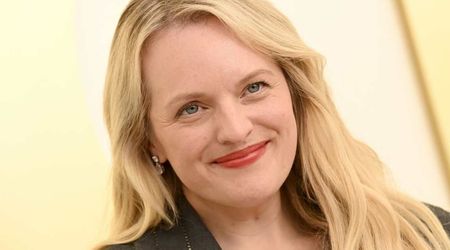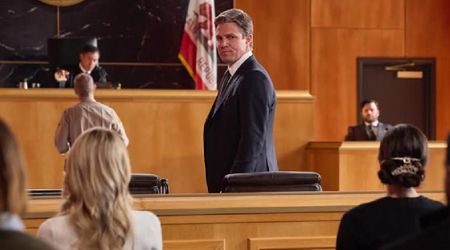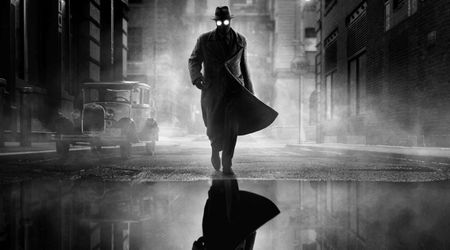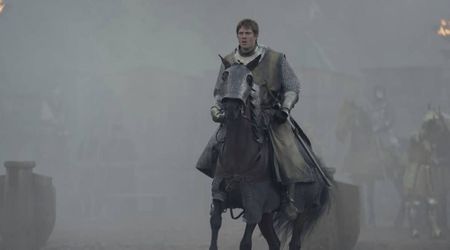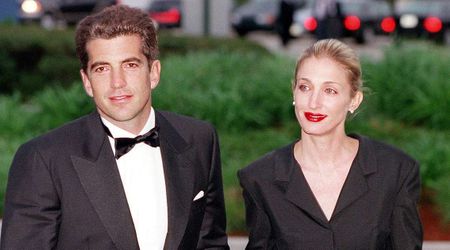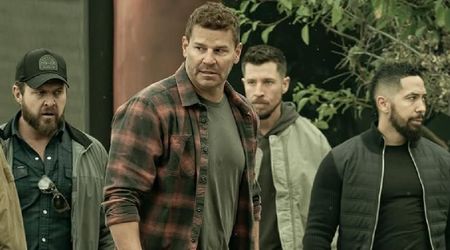‘America: Our Defining Hours’: How George Washington 'simply out-spied' the British with his intelligence ring

If it weren't for George Washington's network of spies, it is hard to imagine if America would have emerged victorious in the Revolutionary War. Indeed, Washington had a huge helping hand for war espionage, a famous group of spies called the Culper Ring, that he operated as Agent 711. Their identities were kept a secret until well after the war had ended. The Ring comprised a group of patriots, small-town friends who worked with George Washington in the fight for Independence. The fate of America relied heavily on extraordinary patriots with ordinary jobs including a tailor, an enslaved double agent, even a judge's wife who sent discreet signals on her laundry line. The Culper Ring is a subject of focus in the first episode of The History Channel's new three-part docuseries 'America: Our Defining Hours', which unravels the adverse history of America in dramatized sequences and expert interviews.
General Washington was struggling to win the war. In comparison to the proficient British forces, his army was perpetually understaffed, undertrained, underequipped, and underfunded. Thus, he resorted to the only either option he had at hand that could help with victory, his secret intelligence network. Throughout the war, Washington's spies helped him make lucrative and bod decisions, helping him stay a step ahead of the enemy and in many instances also saved his life. Washington was heralded a great "spymaster", as several networks of spies operated in close-knit circles and far-reaching societies to supply him with the necessary information, to aid his cause of freedom.
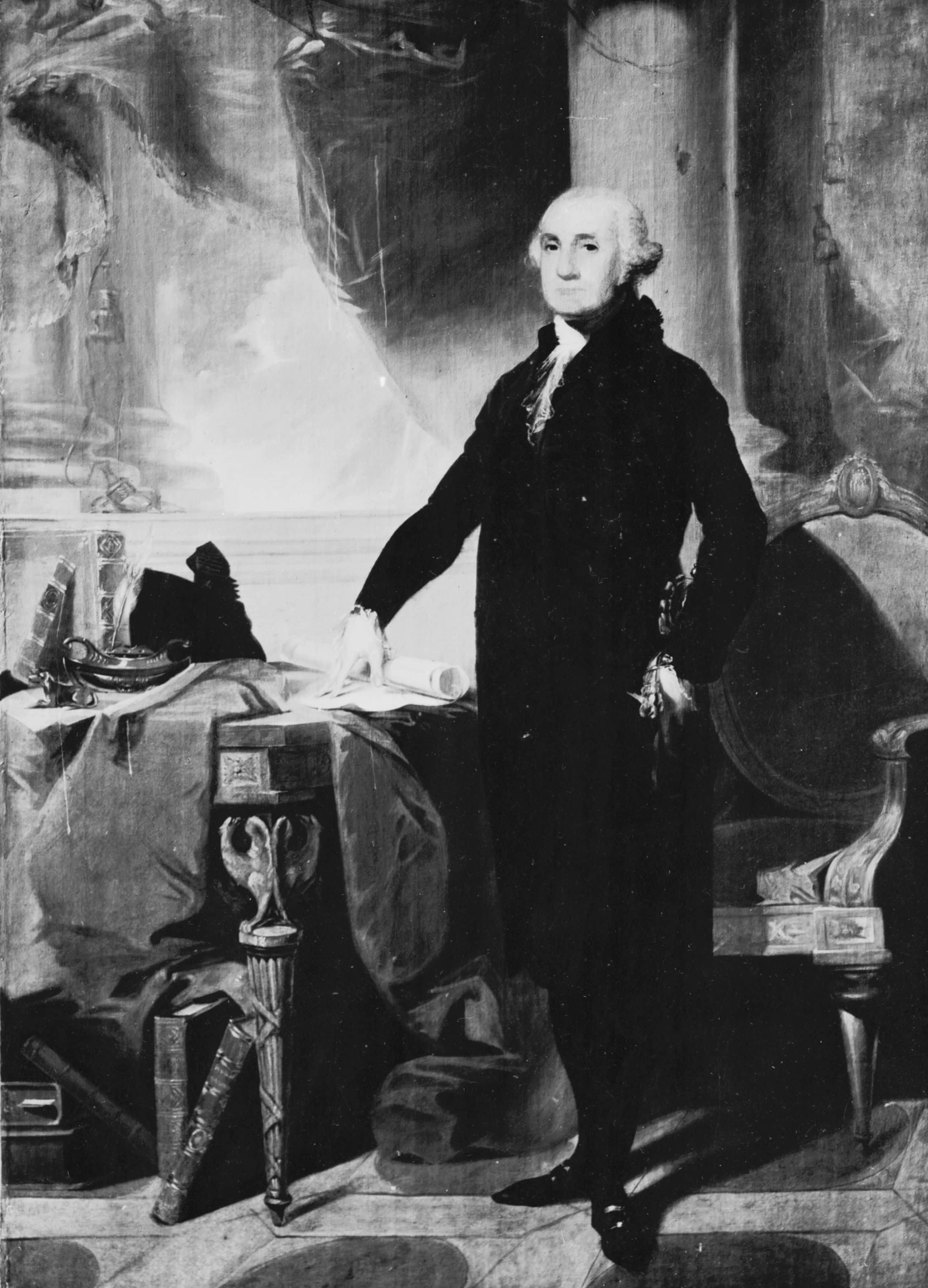
He knew the risks that came with spying, and that the penalty if caught was death by hanging devoid of a trial. But he also knew that in order to win, he had to find an alternative and the answer was organized espionage. As the war waged on, the Culper Ring became central to Washington's operations and emerged extremely successful under the direction of Benjamin Tallmadge, who was known by his alias, John Bolton. Many of the members of the ring were his acquaintances and recruited by him for a cause. The system of operation was a very complicated one and also clandestine. Some American spies like Robert Townsend or 'Samuel Culper Jr' would be moles, attending gatherings of the British elites to retrieve some scoop that was passed along. Anna Strong would hang clothes up on a clothesline systematically that implied that she had some information. Another method was the 'dead drop', where valuable information would be hidden away ina farm owned by Abraham Woodhull or 'Samuel Culper', which would be then picked up by Caleb Brewster and delivered to Washington
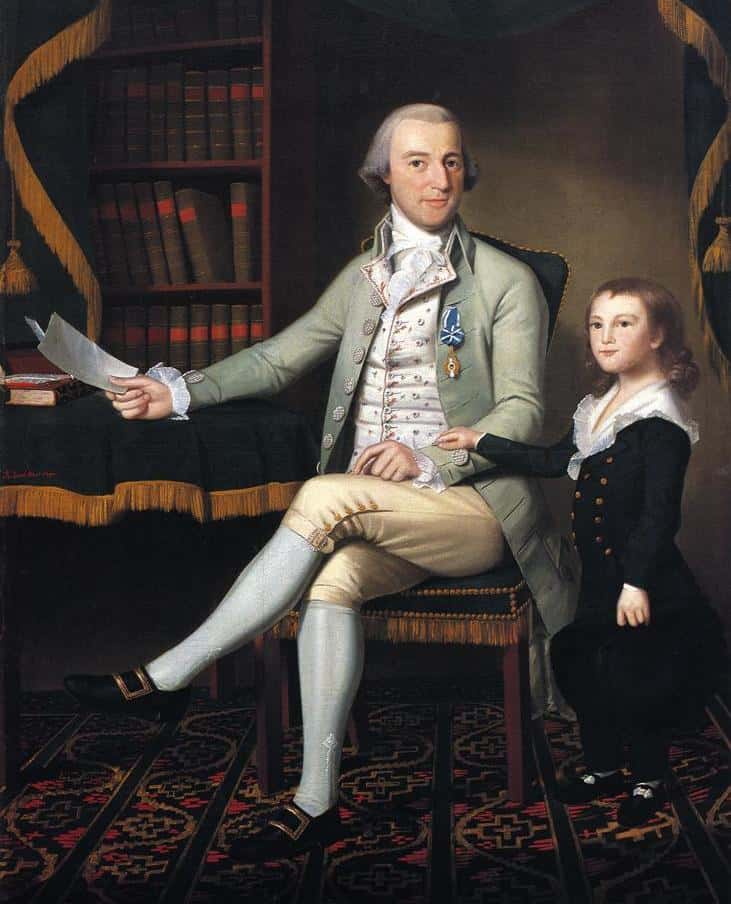
The work of the ring helped uncover the Red Coats plans in July of 1980 when they intended to ambush the French naval fleet who were en route to aid the colonists and the Continental Army. Townsend had managed to send forth a warning to Washington, who was able to prepare his defense in time for the British troops' surprise attack. The ring also managed to identify and capture a British spy, Major John Andre who was caught for inspiration. The secret intelligence networks branched out in several directions, and the smaller networks provided Washington with vital details and creative methods for communication. He also pushed for the use of innovative military intelligence practices, and many of the tools that were employed by spies of the American Revolution were ground-breaking. They incorporated a variety of methods in gathering information, including code names, ciphers, book codes, locations of dead drops, clothesline codes, and propaganda. If these techniques were used individually, the spy could be easily discovered, but when used together, they helped Patriots and American troops wage a war that they eventually won thanks to advanced intelligence gathering.
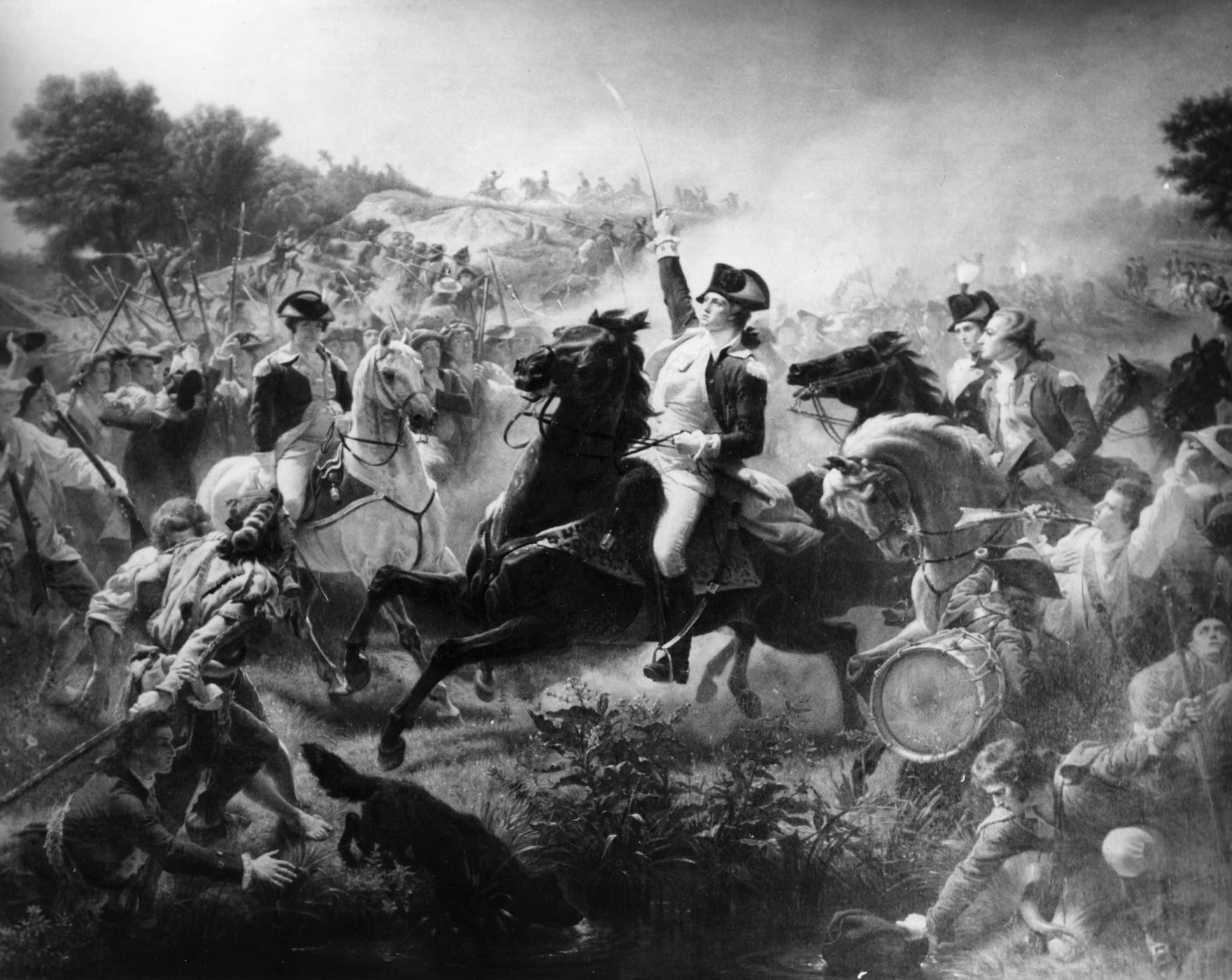
In addition to that, Washington also encouraged his spies to spread disinformation, like exaggerating the size and strength of his army in disguised conversations with the British. He also disseminated false information about military movements and attacks in various forts, informing them via regular post to ensure that they would be intercepted. He also pioneered new tools for spy trade like the use of invisible ink in penning letters containing intelligence. He sought helo from James Jay, to develop an ink that would only reveal itself through a chemical reaction and the chemicals used were kept a secret at the time. But the more important means of conveying information were the codes and ciphers used to hide messages. Correspondance even within the spy network would be intercepted during the war and thus the codes needed to be constantly created, revised, and reinvented.
Washington took his espionage and the role of the spymaster very seriously, quite possibly laying the foundation for the complex system of the intelligence service today. He also recognized that observation, mobilization, and insight of civilians was just as crucial as military might. Without his espy and foresight, the outcome of the American Revolutionary War might have been completely different, because not only was the fight against the British one of firearms but of intelligence as well. One defeated British double agent was once quoted saying, “Washington did not really outfight the British. He simply out-spied us.”
'America: Our Defining Hours' premieres on July 5, with additional episodes airing on July 12 and July 19, at 9/8c on the History Channel.

